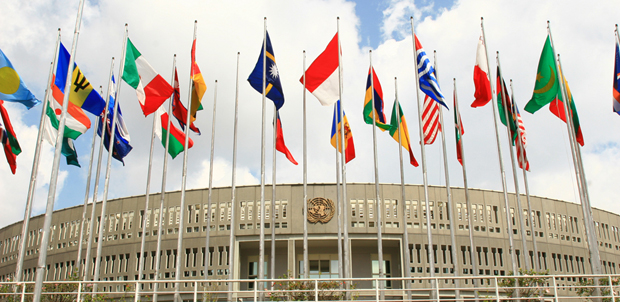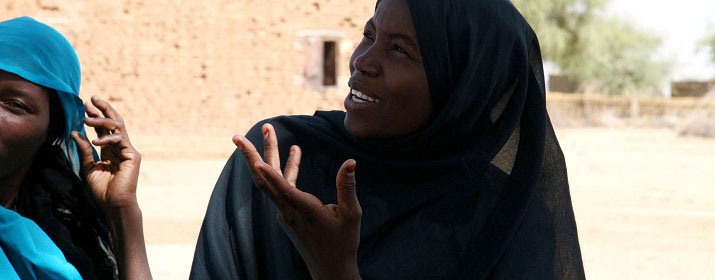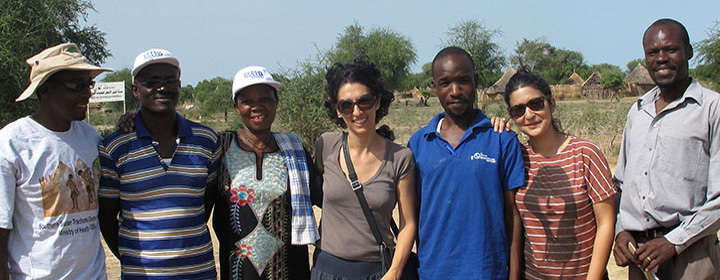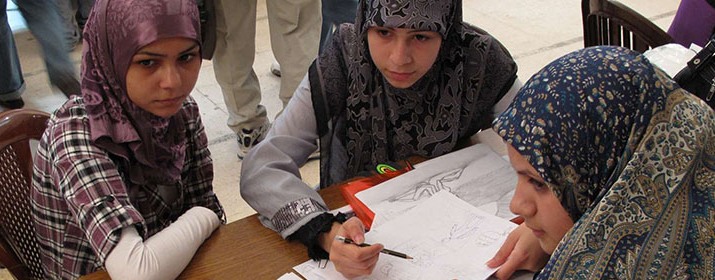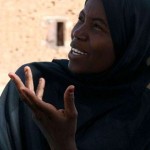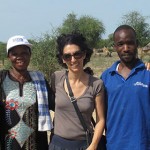The Third International Conference on Financing for Development was expected to clearly answer to several critical questions: how will the post2015 agenda be funded? What real commitments are the richest countries and the European Union willing to take? What commitments from the partner countries and in particular (but not only) from African Countries? What’s the role expected from the private sector in the global strategies to fight poverty?
Paolo Dieci, President of Link2007 – Cooperation in Network, attended the conference and reports some observations.
The importance given to shared responsibilities is the major change of Addis Ababa, compared to Monterrey and Doha. In this scenario, national resources deployment gains in significance, starting from the establishment of more efficient and fair fiscal systems. The opening to the private sector goes in the same direction, with expectations on investments to foster an inclusive and sustainable growth. In parallel, Addis Ababa message keeps public aid at its core position, as a necessary tool to eradicate poverty within the next 15 years.
Addis Ababa agreement: shared responsibilities and fiscal equity
